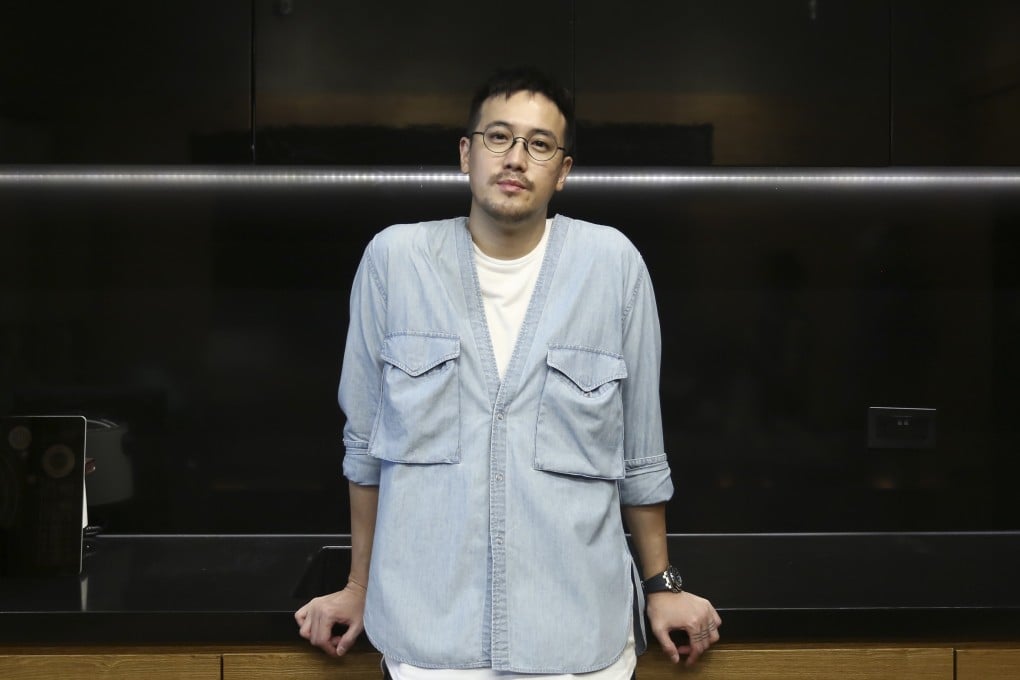Hong Kong filmmaker Derek Tsang doesn’t want to talk about his father’s influence – he’s doing fine on his own
With his movie Better Days sweeping the board at the latest film awards, Tsang has surely shaken off his father Eric’s celebrity and can now bask in his own accomplishments. Right?

It was nearly quarter past 3pm on Wednesday, May 6, and one particular room in Hong Kong Sanatorium & Hospital was buzzing with unusual excitement – so much so that the nurses had to ask the people inside to quieten down. One of those caught up in the hysteria was Derek Tsang Kwok-cheung. The 40-year-old Hong Kong filmmaker was tearfully embracing his ailing mother.
It says much about the bizarre reality of life under a pandemic that the most prestigious film awards in the city were announced via live streaming on a weekday afternoon. Yet for Tsang, who remains in cynics’ eyes little more than the son of Hong Kong entertainment icon Eric Tsang Chi-wai, the accolades for Better Days were a long-awaited validation, tuxedo-clad or otherwise.
“Of course, I’m very happy about the results,” Derek Tsang says in his Kwun Tong office several weeks later. “But I’m also very surprised. Honestly, I didn’t expect the film to win in so many categories, because you could see from the past few years that the Hong Kong Film Awards have been a big supporter of local productions.” Better Days, by contrast, is a Hong Kong-mainland China co-production telling a China-specific story, in Mandarin, with an all-mainland cast. “I was very happy to find that the voters did treat every film fairly.”
Producer Jojo Hui Yuet-chun first came across the novel and passed it to Tsang once the director’s previous film, the sentimental friendship drama Soul Mate (2016), had finished shooting.